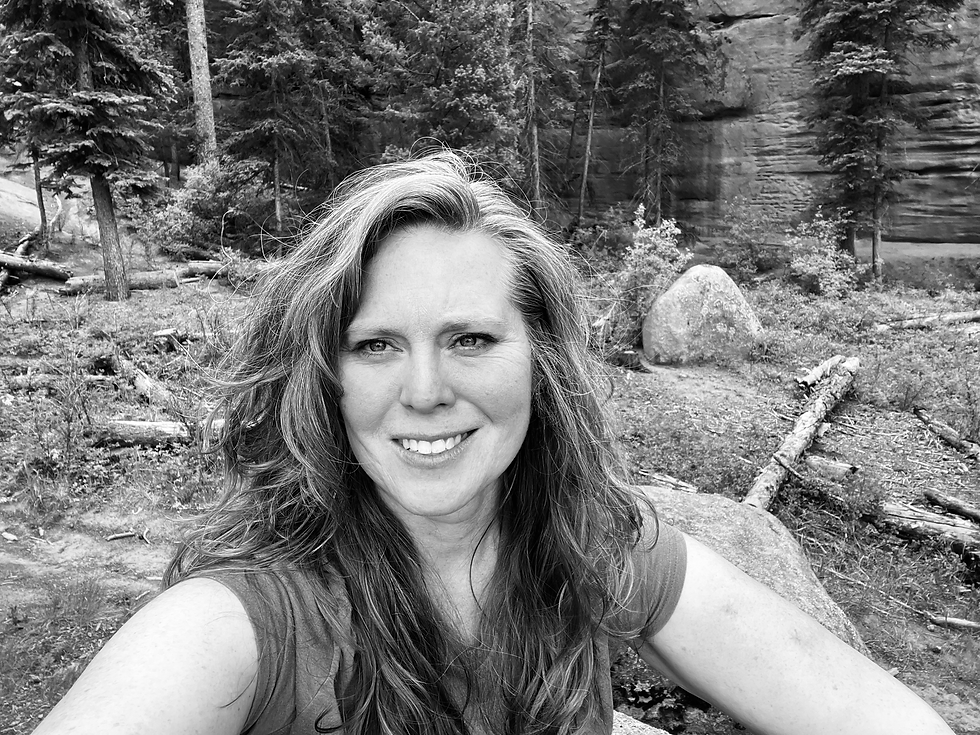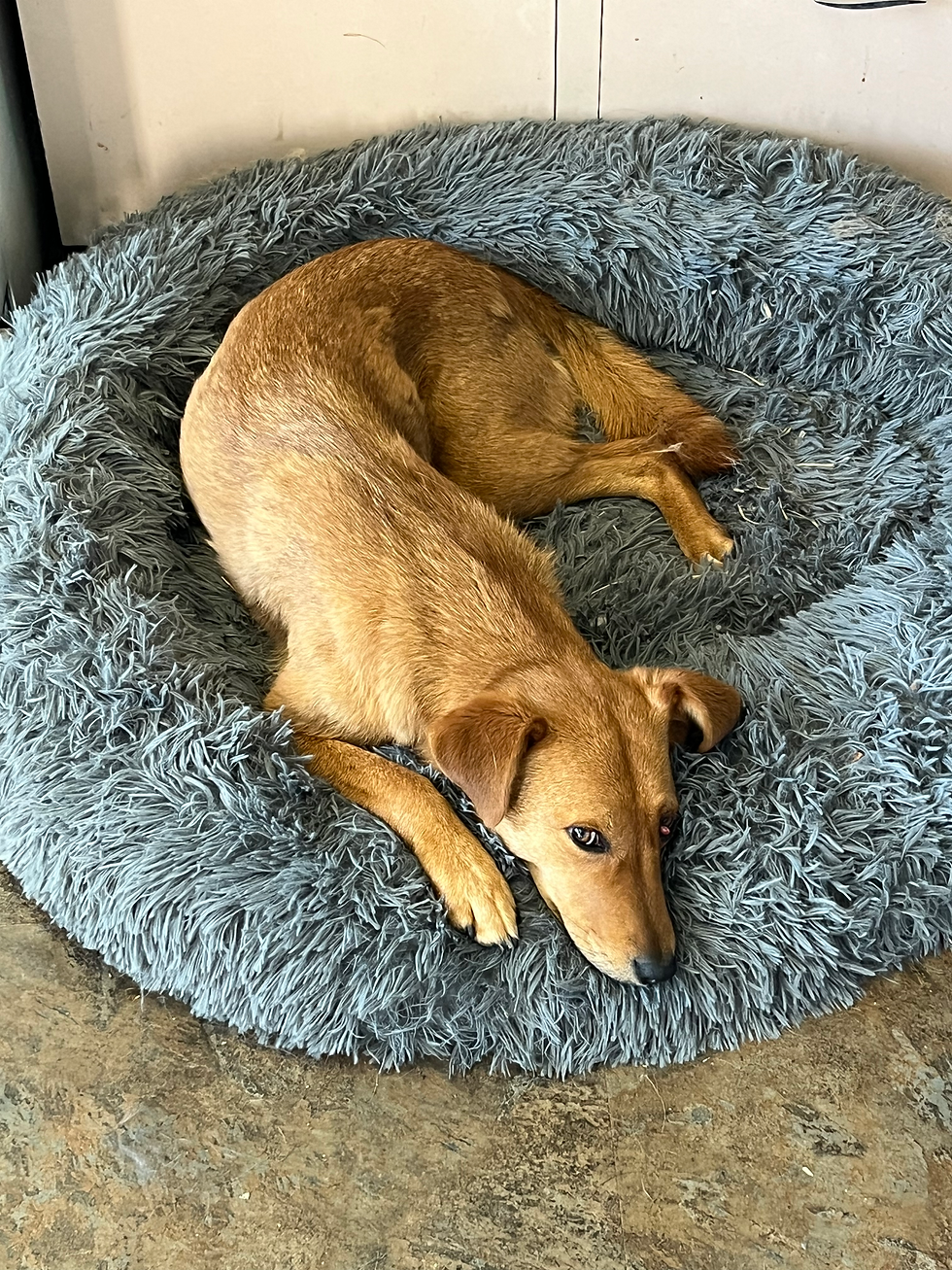What’s My Job Description? I Hang Out With Unicorns
- mrglhic
- May 21, 2025
- 3 min read

People often ask what I do. The truth is, it doesn’t fit neatly into a title or a billing code. I work with children who feel too much, notice too much, sense too much—and often get labeled for it. I call them unicorns.
They are wildly sensitive, fiercely intelligent, and often misunderstood. The world sees their challenges. I see their brilliance. This article is for them—and for the adults trying to meet them in a world that too often wants them to disappear.
People ask what I do for work. I could say I’m a therapist. I could say I do neurofascial integration, reflex work, nervous system support. But the truth is simpler—and more accurate:
I hang out with unicorns.
Not literal ones, of course. But children so sensitive, so brilliant, so finely attuned to the world around them that it can feel like they’re not of this world at all. Children who’ve been told they’re disordered. Children who’ve been handed a hundred acronyms and “early intervention” plans. Children whose magic has been pathologized.
I see what most people miss: These kids aren’t broken. They’re overwhelmed. They’re adaptive. They’re wise. And they’ve learned to survive in the only ways they could.
The System Says There’s a Window. I Say There’s a Soul.
There’s this pervasive belief—quietly held but loudly implied—that if a child doesn’t speak, connect, or behave in certain ways by a certain age, then it’s too late.
Too late for development. Too late for change. Too late for hope.
Especially for autistic children. The model says: early intervention or nothing. Catch them young or the door closes.
That is a lie.
I have worked with children long past the system’s imaginary window—and I’ve seen connection awaken. I’ve seen words come. I’ve seen regulation emerge where there was only chaos. Not because of “intervention”—but because someone finally saw the child under the strategies.
They Don’t Need Fixing. They Need Witnessing.
These children are not empty shells. They are not a collection of behaviors. They are unicorns—alive in ways we’ve forgotten how to recognize. They carry frequencies that don’t show up on standardized testing. They read the room before they speak. They feel your nervous system before you even say a word.
And what do we do?
We try to train them into being “normal.” We rush their development. We punish their sensitivities. We flatten their brilliance into compliance. And we call it progress.
But what if we slowed down? What if we stopped trying to fix them—and started listening?
My Actual Job?
I sit with them. On the floor. In silence. In play. In presence. I attune to what their body is saying when their mouth can’t yet. I track their reflexes. Their breath. Their fascial tension. I wait for the moment their nervous system says: It’s safe to be here.
That’s the work.
Not correcting. Not coercing. Not filling in the gaps with programs and plans.
I hold space for their system to unfurl. And when it does—it’s alchemical.
The Unicorns Know
The children I work with know when they’re being seen. They know when the room is safe. They know when the adult in front of them is present—or performing. And when they find a true witness?
They come alive.
Not always in the ways that the system can measure. But in the ways that matter.
So yes—my job description is this:
I hang out with unicorns. I help them feel safe enough to stay wild. And I help the world remember that sensitivity was never the problem.


